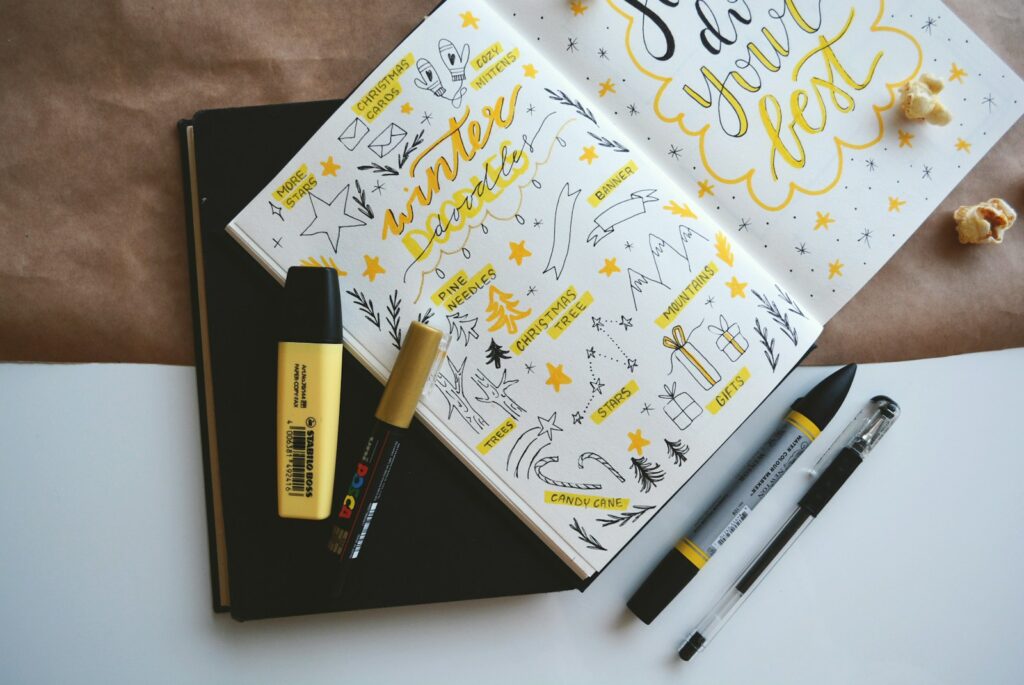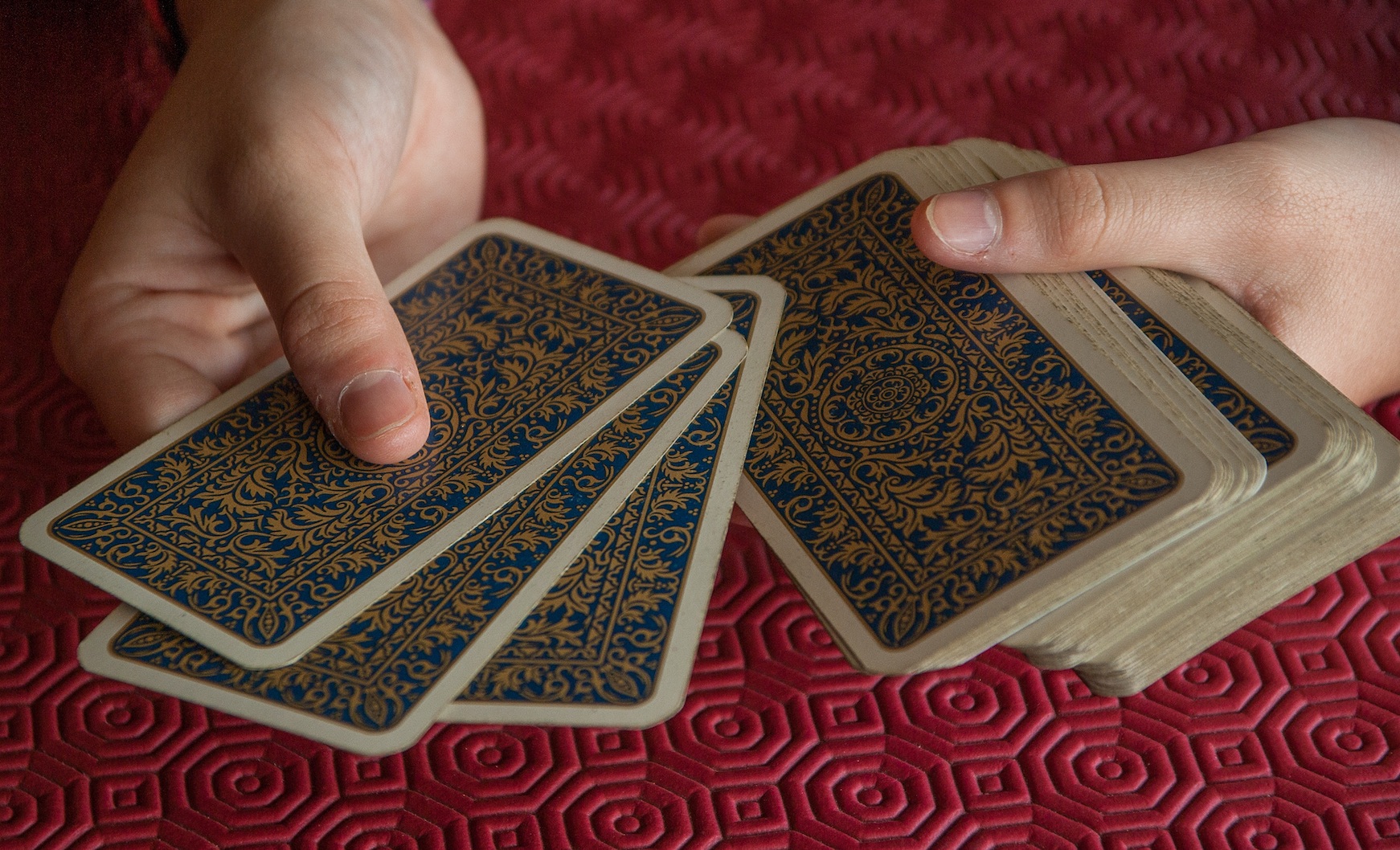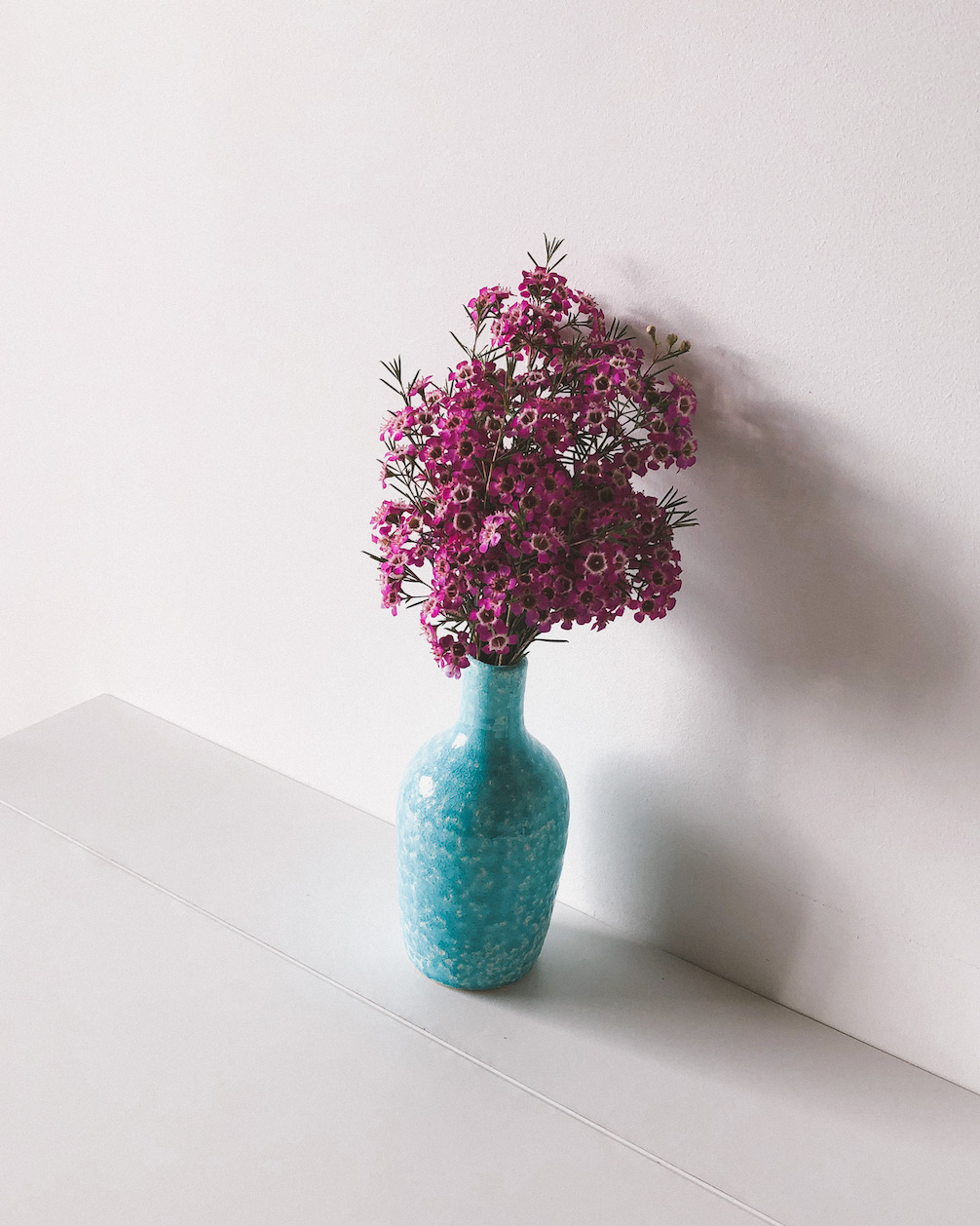Ever have that gut feeling you couldn’t shake? That’s intuition at work. It’s that knowing without knowing, that little nudge that says, “Something’s up.” Intuition can guide your decisions, keep you out of sticky situations, or even point you toward creative breakthroughs. By honing your intuition, you can navigate life’s challenges with a little extra confidence and clarity.
The Science Behind Intuition
Sure, intuition sounds like a mystical force, but science backs it up too. Your subconscious mind processes information way faster than your conscious mind can keep up with. When you get that strong hunch, it’s often because your brain’s picking up on patterns and signals buried deep in your memory banks.
Your brain’s pattern recognition helps you spot these connections, even if you’re not fully aware of them. Let’s say you walk into a new restaurant and feel uneasy. Maybe it’s the dim lighting or something about the staff’s demeanor that reminds you of a previous bad experience, even if you can’t quite pinpoint it. The body’s physiological cues can also accompany this sense: sweaty palms, racing heart, or a sudden chill.
In a way, your brain is like a supercomputer with a quirky knack for making lightning-fast connections between what you see and what’s hidden in the depths of your subconscious. Trusting those seemingly random thoughts can often be the key to unlocking your intuitive prowess.
“Know Thyself”
Knowing yourself is like having a built-in GPS for navigating your intuition. If you’re not in tune with your own thoughts and emotions, it’s tricky to separate the true intuitive insights from random noise or wishful thinking.
Start by journaling your intuitive hits and misses. Did you have a sudden urge to take a different route home and avoid traffic? Or maybe you felt uneasy about a business deal and decided to walk away. Jot these things down and see how they play out over time. Questions like, “What do I believe about myself?” or “What scares me the most?” can also help you uncover biases clouding your intuition.
“What do I believe about myself?” or “What scares me the most?”
It’s not just about journaling, though. Take time to ask yourself thoughtful questions and reflect on your emotions. Dig into your memories to see if there are patterns—do certain situations always leave you feeling uneasy? Building self-awareness helps you trust your gut by understanding the source of those internal whispers.
Meditative Practices to Sharpen Intuition
If your mind is like a cluttered attic, meditative practices help clear out the cobwebs. A calm, quiet brain makes it easier to tap into intuitive wisdom. Meditation is an excellent way to settle your thoughts, tune out distractions, and focus on those subtle feelings bubbling beneath the surface.
Guided visualization exercises are another great way to sharpen your intuition. Picture yourself stepping into a peaceful, safe space in your mind and allowing insights to come to you naturally. These images can offer clarity about decisions, relationships, or challenges you’re facing.
Breathwork techniques can also ground you, making it easier to access higher awareness. Practice deep, slow breathing to calm your nervous system and quiet mental chatter. This helps you become more aware of the little nudges that often go unnoticed.
The key here is consistency. Set aside time each day to practice meditation or breathwork, even if it’s just five minutes. Regular practice will help you develop a stronger connection with your intuition over time.
Tapping into Your Inner Symbolism
Symbols are the secret language of intuition. They can appear in your dreams, through repeated imagery, or in the form of synchronicities (meaningful coincidences). The trick is to recognize and decode these symbols to find out what your intuition is trying to tell you.
Recurring dreams are a prime example. Let’s say you often dream about being lost in a maze. This might signify that your subconscious feels stuck or uncertain about a life direction. Keeping a dream journal by your bedside can help you identify recurring themes that your intuition wants you to notice.
Divination tools like tarot or runes also help strengthen your symbolic thinking. You don’t have to be a card-carrying mystic to draw meaning from them. Simply use these tools as a fun way to start conversations with your intuition. Try pulling a card each morning and reflecting on what message it has for you that day.
If divination isn’t your style, try sketching or journaling your own symbolic language. Draw a doodle that feels like it resonates with you and let your imagination interpret what it could mean. Your intuition will speak to you through this personal symbolism in a way only you can understand.

Energy Work and Rituals
Energy work can clear the static that muddles your intuitive channels. Picture your body’s energy system as a series of rivers, and energy work like removing debris to keep everything flowing smoothly. Practices like chakra balancing or Reiki are designed to align your energy centers, making intuitive insights more accessible.
Rituals can also amplify your intuitive hunches. Try lighting a candle with a specific intention in mind, practicing some simple candle magick to boost your clarity. Or, work with moon rituals to set goals and cleanse yourself of mental clutter during different lunar phases.
Grounding exercises, like walking barefoot on grass or hugging a tree, help you feel more rooted and in touch with your body. You can even create your own cleansing ritual, such as smudging with sage or taking a salt bath to clear away unwanted energies that interfere with intuition.
Mindfulness in Daily Life
Mindfulness isn’t just for yoga class—it can be your secret weapon for intuitive living. By being fully present in your daily routines, you’ll catch subtle signals you might otherwise miss.
Active listening is a great way to practice this. When you’re in a conversation, tune in to the other person’s body language, tone of voice, and your own internal reactions. You may notice your intuition giving you clues about what’s really going on beneath the surface.
You can also introduce mindfulness into your daily tasks with practices like walking meditation or mindful cooking. Feel each step you take as you stroll through your neighborhood, or notice the texture of ingredients while you chop veggies for dinner. These exercises bring you into the moment, quieting the mental noise and letting your intuition have a voice.
Listening to Your Body’s Wisdom
Your body is like a finely tuned antenna for intuition, but you need to learn how to decode its signals. That pit in your stomach, flutter in your chest, or tingling sensation can all carry intuitive messages.
A body scan exercise is a fantastic way to identify how different thoughts and emotions physically affect you. Start at your toes and work your way up, checking in with each body part. If a particular thought makes your shoulders tense or your stomach churn, it might be your intuition waving a red flag.
Mind-body practices like yoga or tai chi can enhance your ability to listen to your body’s cues. Moving through different poses or forms while focusing on your breath helps you build a stronger connection between your physical and intuitive senses.
Practical Exercises to Hone Your Intuition
Ready to flex your intuitive muscles? Start with simple guessing games or predictive journaling. Try guessing which elevator will open first or which song will play next on your playlist. You can also jot down predictions about your day and check back to see how accurate you were.
Tracking “random” thoughts is another fun exercise. Write down sudden ideas or gut feelings that pop into your head, and see if they align with reality later on. It’s like playing detective with your subconscious!
Nature is also a fantastic playground for honing your intuition. Spend time in the woods, by the ocean, or in a garden, and just listen. Whether it’s birds chirping or leaves rustling in the wind, nature often has subtle cues that can ground you and give your intuitive senses a boost.
Creative exercises like intuitive art, music, or writing are excellent ways to tap into your subconscious mind. Let your hand dance across the page or your voice hum along without judgment. This kind of unstructured expression encourages your intuition to come out and play.
Developing Trust in Your Intuition
If you can’t tell whether your intuition is speaking or fear’s getting the best of you, don’t worry—you’re not alone. Learning to trust your gut takes time. Start by testing out your intuitive insights on small decisions. If something doesn’t feel right about going to a particular café, choose a different one and see how it goes.
Confidence in your intuition will build with repetition and positive reinforcement. Every time you act on a hunch and it turns out to be correct, make a note of it. These wins will encourage you to lean into that inner wisdom more often.
Remember, intuition isn’t a magic crystal ball; it’s a lifelong journey of learning, experimenting, and listening to your inner whispers.
Incorporating intuitive practices into your daily life opens up a world of insight and clarity. Whether you’re meditating, working with symbols, or simply listening to your body’s wisdom, every little step strengthens your connection with your inner compass. Your intuition is always there, waiting for you to tune in and trust it. Start small, explore often, and let your inner voice guide you toward the rich, meaningful insights that lie just beneath the surface.
















